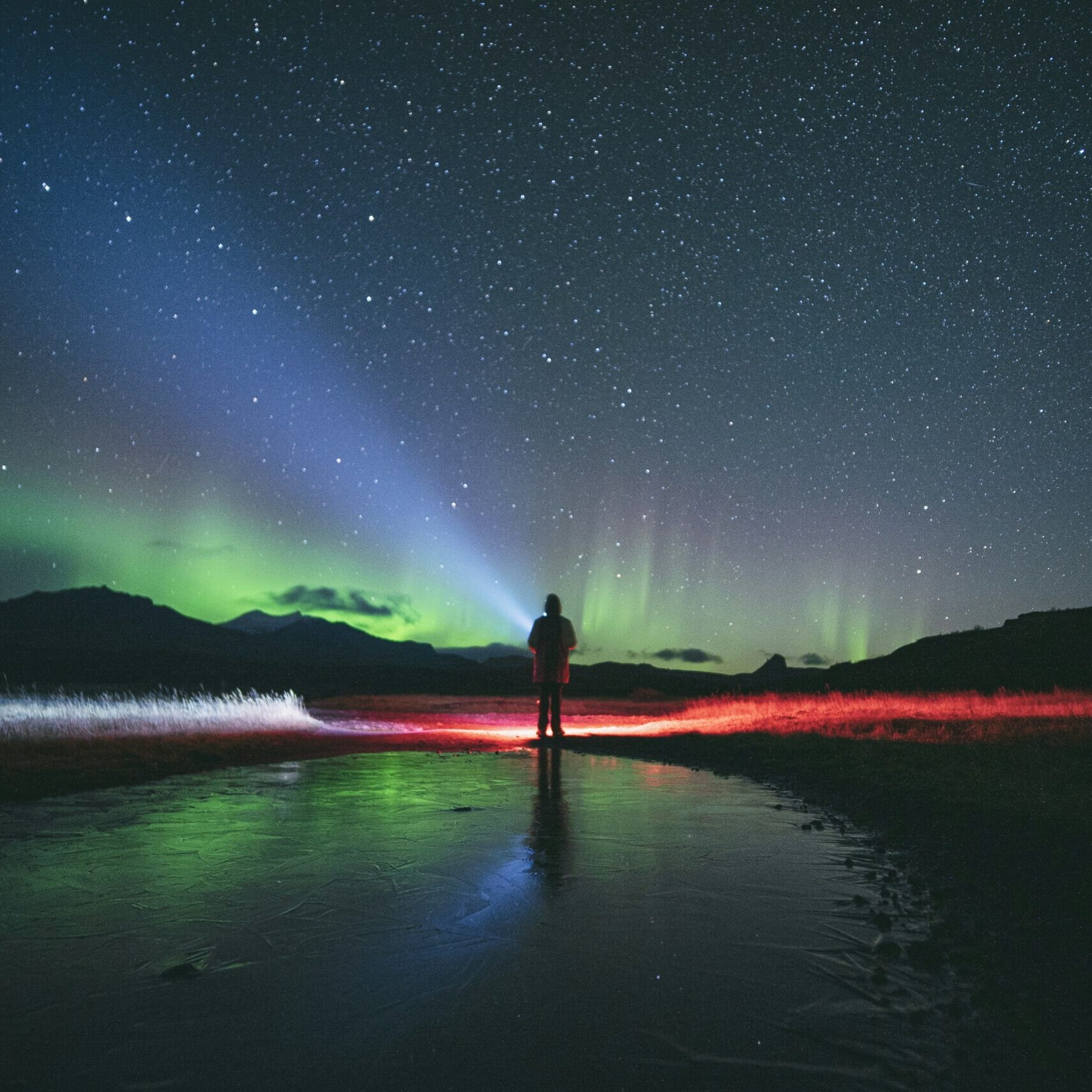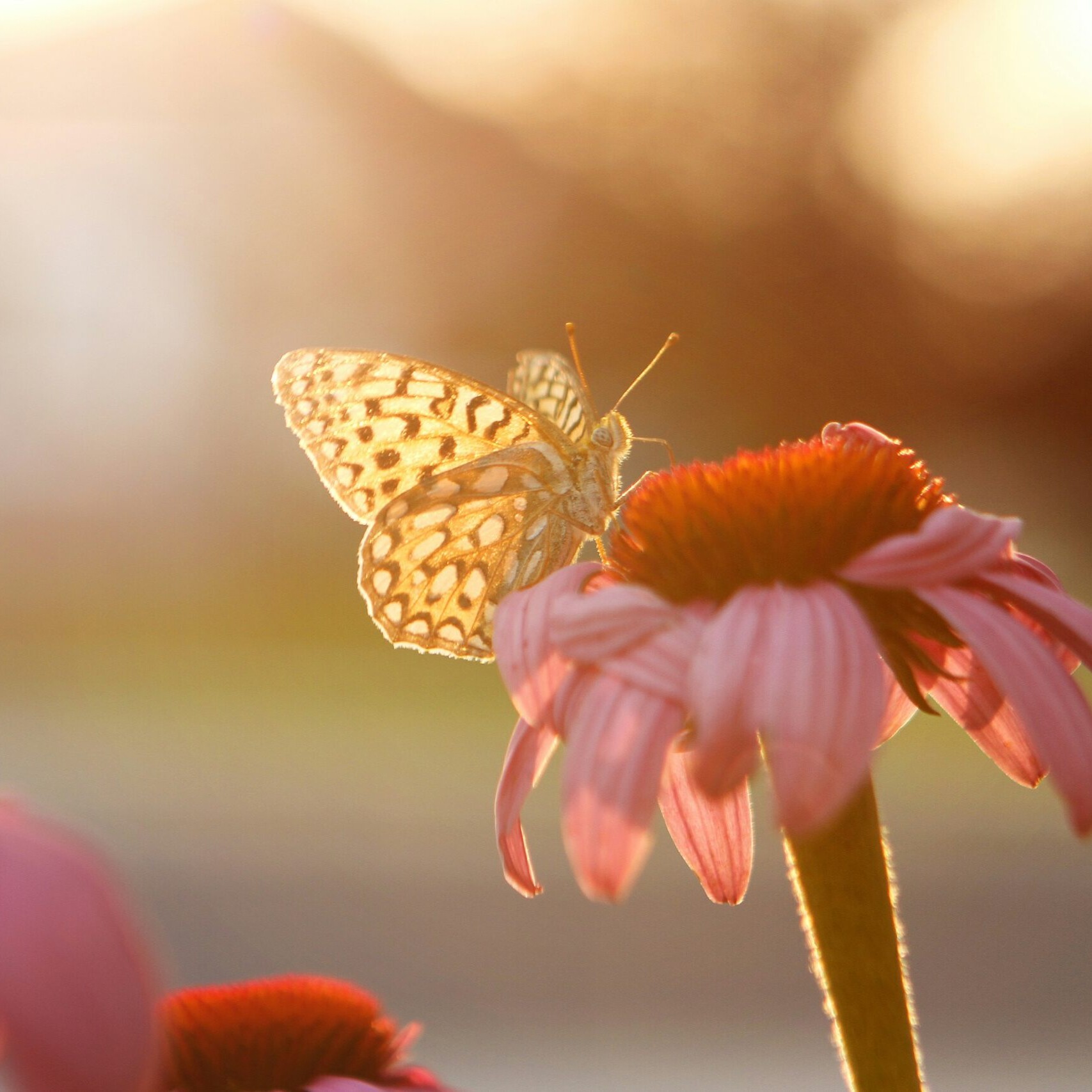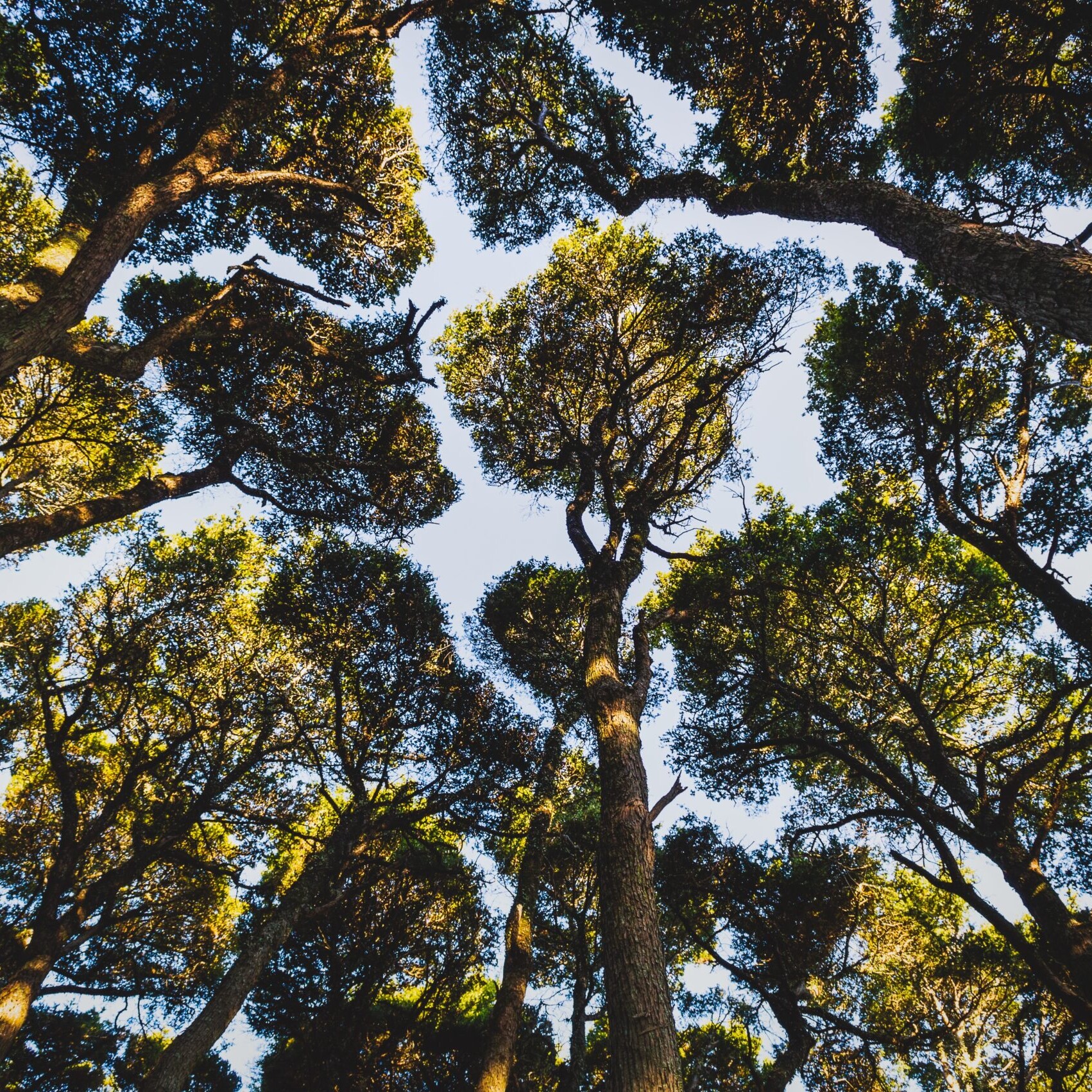Equity is often discussed, but rarely understood in a context that speaks to the core challenges of people who are under-represented in race, religion, gender, socio economic status or who may be geographically excluded and differently abled. In particular, the necessary experiences and spaces for communities within rural Texas are just beginning to receive the attention and resources required to spark conversation and change. Paying homage to deep rooted history and lineage of community members is essential for Black communities in Bastrop County, Texas (and beyond). In Bastrop, home to 13 original Freedom Colonies, the untapped power of equity-for-all lies in the centering of Blackness. In order for our society to evolve, it is imperative to recognize Black America’s contributions and sacrifices as a strategy towards equity for everyone. This has been the primary focus of my personal work, which aspires to bring about social change for all.
Grappling with the core roots of exclusion and inequity, Network Weaving helps to build a framework for connection, access, support and consistent learning– a critical necessity for many who have generational ties to this local land. In Central Texas, approaching community organizing from a network weaving paradigm has supported an evolving model of rural mental health equity in many ways by building on existing culture of community-led organizing. By providing resources for gatherings and trainings for local community leaders, network weaving has become a pillar of support for the work already being done by many on-the-ground community members of these rural networks.
As a weaver, the support of this network and the ability to work collectively and autonomously alongside like-minded people has helped me develop the courage to continue down the path of creating safe spaces for Black women and Black boys. While they continue to be challenged by those who rarely experience the feeling of being othered, safe spaces continue to be places where, as Kelsey Gladwell writes, “we can simply be — where we can get off the treadmill of making white people comfortable and finally realize just how tired we are. Valuing and protecting spaces for people of color (PoC) is not just a kind thing that white people can do to help us feel better; supporting these spaces is crucial to the resistance of oppression.”
After the George Floyd Protests, people began coming to us, as community leaders to shoulder the burden of anti racist organizing, but as a mental health clinician, I saw that my community required a more communal approach that centered their mental, spiritual, ancestral and physical health. This led me to co-create a series of social wellness brunches for Black women in central Texas, a podcast about centering community voices in healing, and the Bastrop County Black Boys Collective which aims to nurture their innovation through connection with other boys and men.
Resistance has been the bedrock to creating safe spaces for local black communities, and it has often been misunderstood as an exclusionary act. Finding the courage, self-love and dedication to create from a vulnerable place has been an emancipating experience, making it hard to return back to “business as usual.” My vision and purpose, as I reflect on my life thus far, are to find ways to enhance freedom and liberation for like-minded communities. To get to this creative utopia, I often reflect and ask myself;
-
- -How can I continue to create spaces for renewal, healing, safety, trust and belonging?
- -Who understands and can support this desire for creative freedom?
- -What are my strategies to unearth the core stories around me that have led to freedom and prosperity for rural Black America?
- -How can we as a collective redefine “success” to allow space for our inherent goodness?
- -Where and how can I build upon my connections to others dedicated to liberation?
Through my partnership with the network weaving community since 2019, I’ve been able to form lasting relationships to other community organizers, writers, and social change agents who also see a path towards healing for the communities in which they identify. Weavers are a set of individuals looking to bring attention to the causes that they are most passionate about. Working with advocates and activists dedicated to equity initiatives has been confirmation that we have much more work to do but…I am not alone.
As a Black woman, Mother, mental health strategist, and safe space creator, I’ve been able to carve out a path of healing with my community. These experiences have enabled me to have a clear awareness of those around me and the resources needed to build upon a framework of freedom, liberation, reciprocity and resilience while redefining my understanding of self within the totality of my community.
The thought-leaders within the network have remained bold, focused on serving all populations and dedicated to creating a system of social entrepreneurs with the belief that social entrepreneurship which honors the lived-experiences of community leaders and disruptors is the catalyst towards rural social and political change.
We are innovators and creators. My legacy will be the creation of a physical space for healing, freedom, and creativity for the under-represented. As an act of rebellion and love, weaving through my social change work has helped to heal my battle with power by stepping into my potential as a Network Engine, connector and artist. Weaving has become an important aspect of reclaiming my right to connect and create with like-minded individuals. I’ve already begun to witness the shift in our local narrative, relying on the voices, contributions and vast experiences of the black community.
The function, the profoundly serious function, of racism is distraction. It keeps you from doing your work. It keeps you explaining, repeatedly, your reason for being. – Toni Morrison
Krystal Grimes, M.S., LPC is the President and Founder of AMMA Empowerment Services, LLC. Krystal is recognized regionally and internationally as a safe space creator and mental health strategist. Through an intrinsic ability and desire to support others, Krystal has positioned herself as a local convener and facilitator for healing and diversity initiatives, supporting the creation of inclusive and brave spaces for dialogue and innovation.
featured image by Alicia W. Brown

Network Weaver is dedicated to offering free content to all – in support of equity, justice and transformation for all.
We appreciate your support!
donate in the box above or click here



